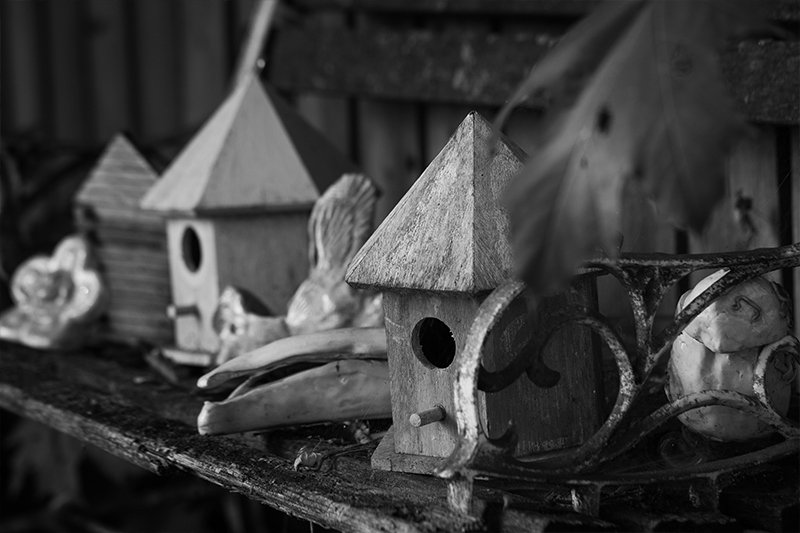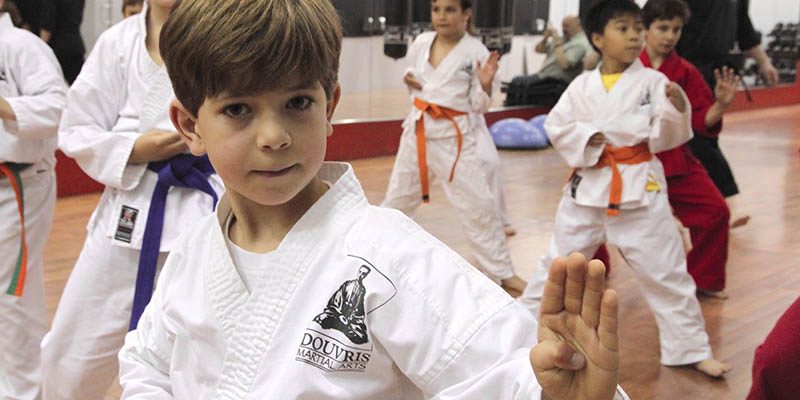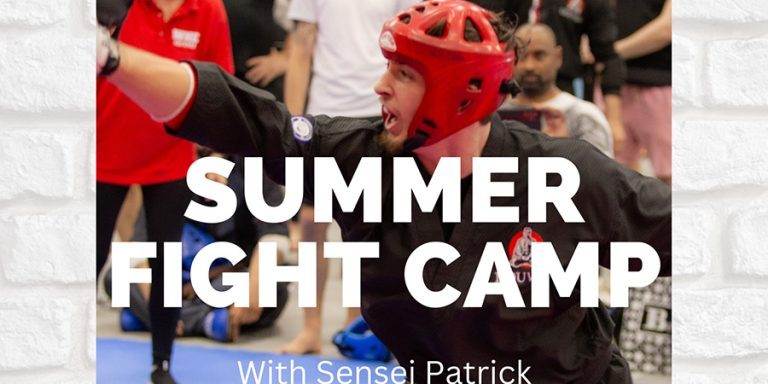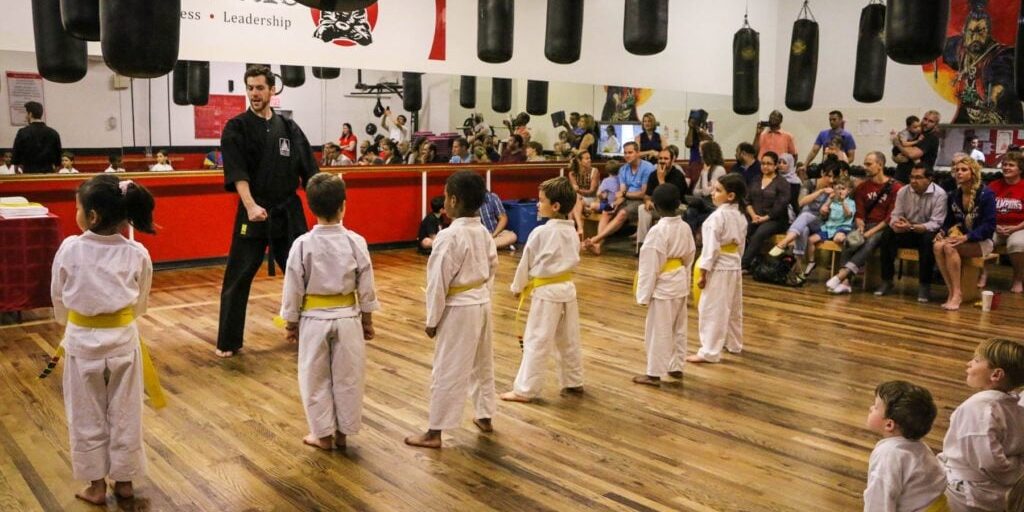How to be Kind

We live in a culture that strongly encourages and pushes ideas of individualism. We value our autonomy and uniqueness. Living in this society, we also value the idea of self responsibility that goes hand in hand with self interest and consumerism. While pushing and ingraining these ideas in our youth and fellow humans, we also value kindness and compassion.
The ideas of kindness and compassion can be a stark contrast with ideas of individualism and self interest that are such major components of this corner of the world we live in. While individualist ideas encourage us to be independent, to focus on our interests and passions, kindness involves engaging in the opposite. Kindness involves taking an explicit interest in someone else’s interests and quality of life.
So how do we balance this inherent contradiction in our society?
The Science of Kindness
There are many debates over whether compassion and kindness is a product of evolution or if the outcomes and consequences of compassion are too costly for self preservation to be associated with evolutionary theories. Generally, species will hold on to and carry on traits that are favourable for our survival and ability to thrive. So why is it so common for other humans to put the needs of others ahead of their own? We see others put their lives in danger to protect the lives of others regularly from the firemen running into burning buildings to the pedestrians that have jumped in front of moving vehicles to push another out of the way, and we can’t forget about the front liners leading the way in terms of COVID-19 patient care, screening and prevention.
Why have these traits stayed with us over time? Some say it is the need to care for vulnerable offspring regardless of the individual’s needs. Our young are our future, right? Some say it can be drawn back to the mate selection process. I think we can all agree that there are clear benefits to reproducing with a compassionate individual. My favourite perspective on this states that compassion is important for building and maintaining mutually beneficial non-kin relationships.
Do you make your own clothes? Grow your own food? Build all of your much needed electronic tools by hand? The reality is, no matter how highly we value individualism and promote the ideas of self interest, we are an inherently social species. We all have this one terribly important thing in common, we can’t survive without each other.
What are the benefits of kindness?
A lovely graphic (link below) shared by the University of Dartmouth outlines some of the key reasons it pays to be kind.
- Happy hormones
It has been reported in numerous studies that participating in and witnessing altruistic, selfless, behaviour causes our brain to produce the chemical “Oxytocin”, sometimes referred to as the cuddle hormone. It is a chemical that is also produced during physical touch and child rearing. The hormone is linked to feelings of self worth and optimism. You can positively change someone’s physiology with a simple gesture or lending a helping hand.
- Kindness is contagious
Just like in the last point, when we witness acts of kindness and compassion we experience chemical changes in our brain that lead us to be much more likely to pay it forward. By engaging in one act of kindness you can start a chain reaction of kindness. You never know how far it can go. Think of the web of kindness you can build with just a simple compassionate act.
- Decrease the unpleasant
There are enough unpleasant things going on in the world all the time. Just like your act of kindness can build a web of compassion throughout the world, your unkindness can do the same thing. Being kind can help you and others alleviate some of their stress, pain and sadness. Stress can be directly linked to negative health outcomes. You can help foster more positive health outcomes for yourself and others. Doesn’t that make you feel lighter just thinking about it?
How to be kind:
- Self care and compassion
From my personal experience, it’s extremely difficult to think about the well being of others when your well being is suffering. You know that feeling when every happy person around you is so unbearable you want to scream? That’s the one I’m talking about. It can feel impossible to act from a place of compassion when you haven’t fostered those feelings towards yourself. Fill your cup up so that you can help fill the cups of others. Think of Maslow’s hierarchy of needs. Meeting your physical, mental, emotional and social needs is crucial. By doing so you can begin opening yourself up to new opportunities for compassion. You’ll also be a great model of self care and compassion for those around you.
- Ask questions and just listen
I went to pick up take out from a restaurant for Sensei Nick and I a few weeks ago. It was a few days into the indoor dining closure and it was clear that everyone was taking some time to adjust. I felt my energy shift when the kind employee who brought me my takeout came to ask for my name. I could immediately tell this was taking a toll on every single employee present. I watched as other takeout picker uppers rushed in and grabbed their food without so much as a “hello” and often forgetting their “thank you”. They were obviously rushing to be somewhere and in their own little worlds, we’ve all been there.
When my food was ready I asked the employee how he was adjusting to all of these changes. I watched his face change from tension to relief and he quickly started talking about how the restaurant has changed, the dynamics with the patrons and how he was feeling about the situation. I stood and listened, nodding when it was appropriate and inquiring further when I felt there was tension on a specific topic. It was almost a 10 minute interaction that came out of acknowledging someone’s discomfort or distress and allowing them to talk about it. This kind man clearly needed a compassionate ear and I left with both of us smiling and feeling a mutual connection over this chaotic and distressing situation we’re all living through. Take an interest in those around you, ask and listen. You can change someone’s day by simply allowing them to express themselves freely. I know I’ve had overwhelming gratitude for many people who have done the same for me.
- Random acts of kindness
This one speaks for itself. Here are a few ideas: put money in a parking meter before you leave for the next person who comes along, load a gift card at a coffee shop or fast food restaurant and tell the employees to use it on the next patrons until it runs out. On a less financial note, leave positive notes around your community, give genuine compliments to people you see, let someone go ahead of you while waiting in a line. The list is endless and I’d love to hear your ideas.
- What if your family members were strangers?
I think it goes without saying that many of us take our families for granted. We often expect way more from our family with little or no return. We’re much more liberal with our pleases and thank yous when it comes to strangers. We often don’t expect much from them and, for the most part, we demonstrate more courtesy to strangers. I know I’m guilty of this. I challenge you to start treating your family the way you treat strangers. Watch the dynamics and interactions change and become more loving.
- Develop a broader perspective on EVERYTHING
Knowing and understanding ourselves, our values and our beliefs is a great thing. It allows us to feel more confident, self aware and gives us direction in life. However, when these values and beliefs become too rigid and we start to demonize and belittle the beliefs of others, consider kindness thrown out the window. When we are able to consider and respect the options, beliefs and values of those we meet, we can find ourselves in more fruitful and lively relationships. It can help us develop, grow and learn new things. It can even present new opportunities in the forward trajectory of our lives. Don’t hold your perspective as fact and remember that it is just one of millions. I think there is enough space on this planet for most of them.
If you made it to the end of this blog on Kindness and compassion, thank you. That too is an act of kindness and compassion. Every time I see a click or that someone has spent time on this blog I feel happier and more connected to you guys knowing that you share this common interest in mindfulness and self development with me.
If you aren’t part of our kind and compassionate community, joining us is easy! Subscribe to our mailing list below or reach out to us at 613-234-5000 or info@douvris.com to join our in person or virtual dojo!
Resources
https://www.ncbi.nlm.nih.gov/pmc/articles/PMC2864937/
https://www.dartmouth.edu/wellness/emotional/rakhealthfacts.pdf





